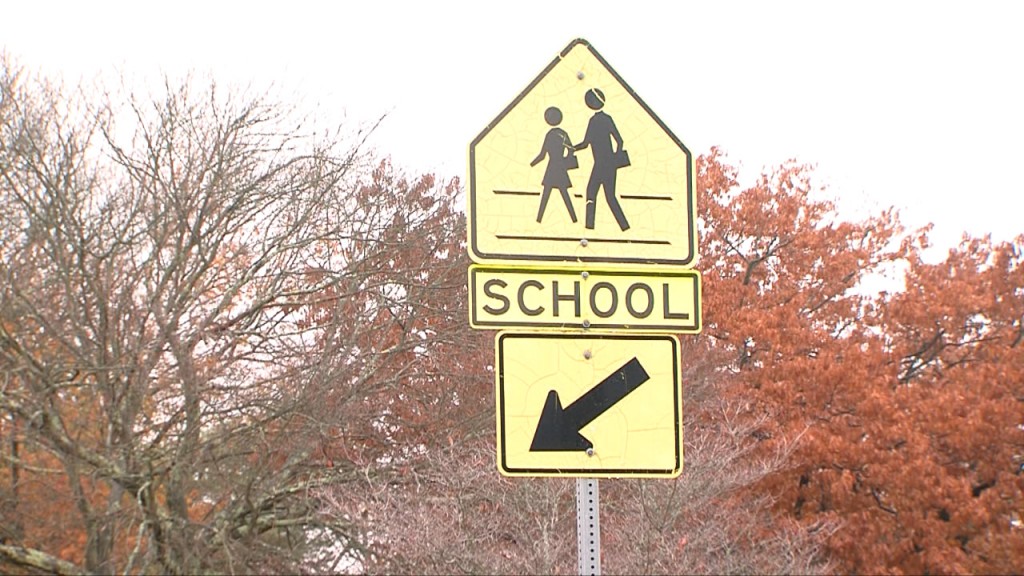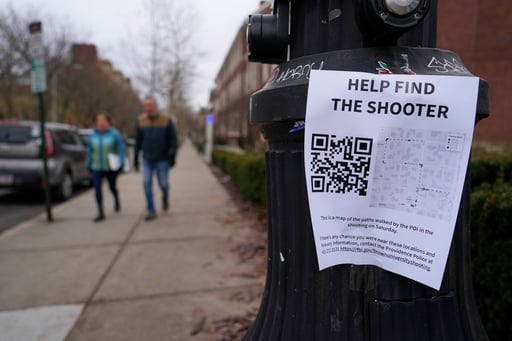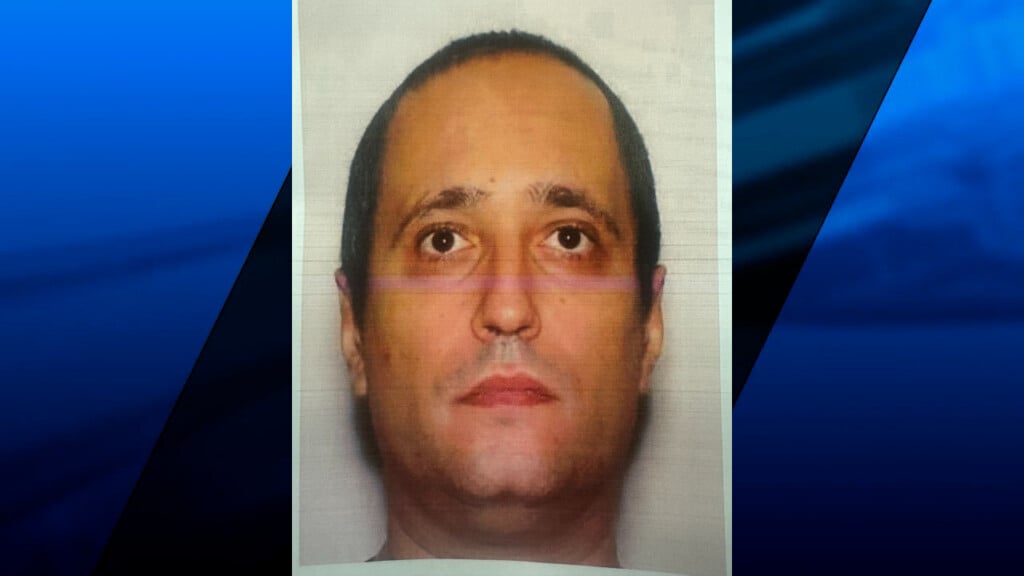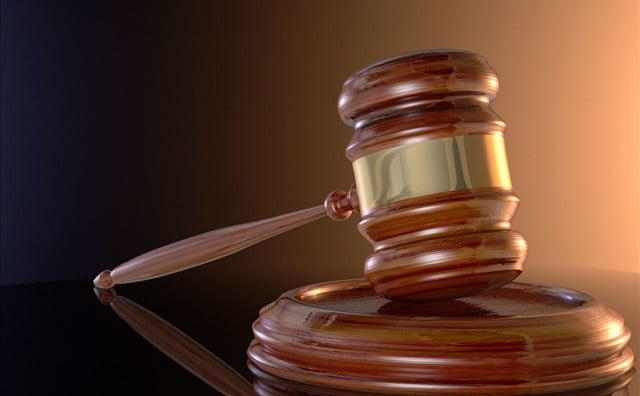Westerly School Committee unanimously rejects resolution banning ‘critical race theory’
The meeting is set to take place Wednesday at 6 p.m. in an open forum.

WESTERLY, R.I. (WLNE)- After almost five hours of debate, the Westerly School District voted unanimously to reject a resolution for Critical Race Theory in the classroom.
The majority of community members, teachers and students at the town hall spoke against this resolution in an open forum Wednesday night.
This discussion was prompted by a petition addressed to the Westerly School committee. Click here to read the full petition.
Rising senior, Sienna, amongst the dozens and dozens of speakers expressing their opinions against the resolution- saying the CRT concept is widely misunderstood and to ban it from schools would be counterproductive in an attempt to create an equal society.
“Removing or censoring such topics from the curriculum would be denying the students of Westerly Public Schools a factual and well-rounded understanding of the nation’s history,” Sienna said at town hall Wednesday night.
Those in support of the resolution- argue these teachings are divisive and promote racial agendas that further disconnect the nation.
One Westerly parent, Bob, said “all kids are different, achieve different for a myriad of reasons. It is not because of racial discrimination. As a white person, what rights do I have that people of color do not? What may I do that a person of color may not?”
ABC6 News spoke with Harrison Tuttle, Executive Director of Black Lives Matter Rhode Island, regarding the resolution brought up in Westerly, but also to the growing debate about CRT in the classrooms across the nation.
“If we want to move on and create real systemic change, we have to understand how those systemic change were built upon and created upon different forms of white supremacy,” Tuttle adds.
BACKGROUND:
The critical race theory movement first emerged in the early 80’s centering around the idea that racism is deeply embedded in American institutions throughout society- like in the criminal justice system or in the job market.
The Associated Press explains critical race theory as a teaching that:
“a way of thinking about America’s history through the lens of racism. Scholars developed it during the 1970s and 1980s in response to what they viewed as a lack of racial progress following the civil rights legislation of the 1960s… It centers on the idea that racism is systemic in the nation’s institutions and that they function to maintain the dominance of white people in society.”
Last month, Florida banned critical race theory teachings in all public classrooms.



